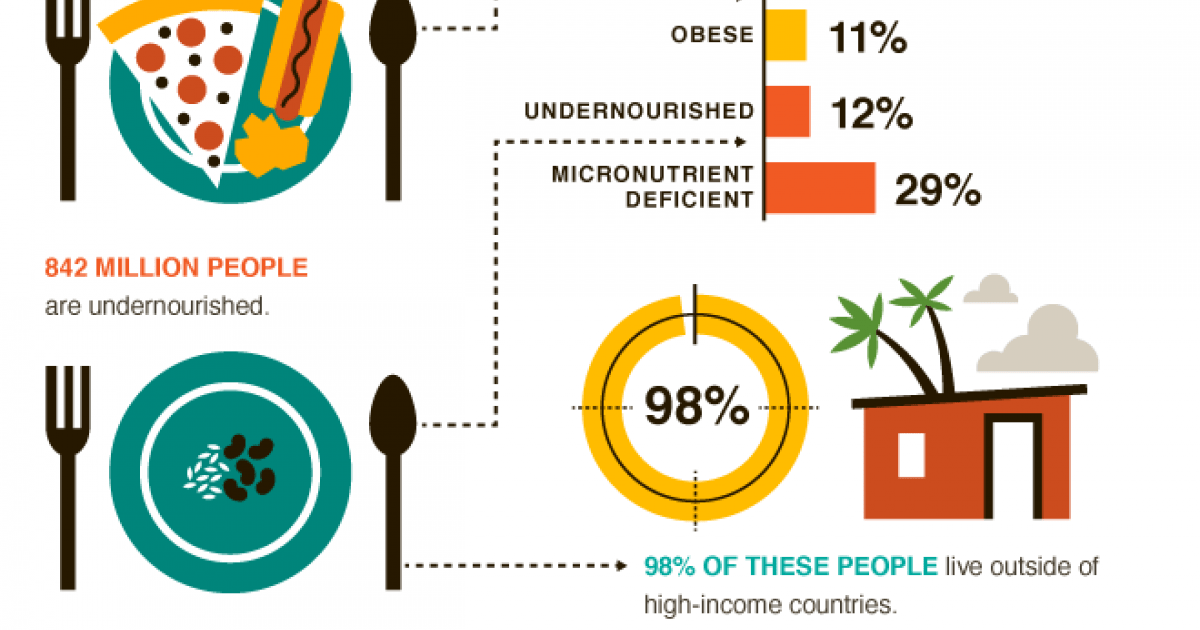Table of Contents
Climate change is no longer a distant threat discussed in scientific circles; it is becoming an increasingly pressing reality impacting various aspects of our lives. One critical area where this impact is vividly felt is food security – the ability of individuals and communities to access sufficient, safe, and nutritious food. The interplay between climate change and food security is deeply intertwined, with changing weather patterns and ecological disruptions endangering our ability to meet the food needs of a growing global population. In this curated blog post, we will dive into the numerous ways climate change is sabotaging our food security, exploring its consequences for agricultural production, ecosystems, food access, and affordability. Moreover, we will shed light on the urgent need for adaptation and resilience-building measures to safeguard our future food systems.
Understanding Climate Change and Food Security
At its core, climate change refers to long-term alterations in global or regional climate patterns, predominantly caused by human activities such as greenhouse gas emissions. On the other hand, food security encompasses not only the availability of food but also access, utilization, and stability. These dimensions emphasize the need for an adequate supply of food, sufficient access to it, the ability to utilize the food effectively, and the stability of the food system to withstand shocks or disruptions.
Climate Change Challenges for Agricultural Production
Our agricultural systems heavily rely on specific climatic conditions to maintain productivity. Unfortunately, climate change is already impacting agricultural practices worldwide, compromising food production. Rising temperatures are altering traditional growing seasons, exacerbating crop stress, and reducing yields. Extreme weather events such as droughts, floods, heatwaves, and storms are becoming more frequent and intense, leading to crop failures and livestock losses. Additionally, shifting precipitation patterns further threaten agricultural productivity, as regions that once received adequate rainfall now face water scarcity, affecting irrigation and water-dependent crops.
Altered Ecosystems and Biodiversity Loss
Climate change not only affects crop production directly but also destabilizes entire ecosystems and jeopardizes biodiversity. Ecosystems are vital for supporting agriculture, providing pollination services, nutrient cycling, and pest control. However, as temperatures rise and weather patterns change, ecosystems become unbalanced, leading to a loss of biodiversity. The decline of pollinators, for example, hampers the reproductive success of many crops. Moreover, a loss of genetic diversity in crops decreases resilience against pests, diseases, and changing conditions, posing a significant threat to food security.
 Image courtesy of ccafs.cgiar.org via Google Images
Image courtesy of ccafs.cgiar.org via Google ImagesClimate Change’s Influence on Food Access and Affordability
The impact of climate change transcends agricultural production and has far-reaching implications for food access and affordability. Climate-related disruptions can increase the cost of food production, including rising energy prices, irrigation costs, and expense associated with adapting to new growing conditions. These increased production costs can then push up food prices, making it more challenging for vulnerable populations, particularly in developing countries, to access nutritious food. Furthermore, disruptions to global and local trade caused by extreme weather events can lead to fluctuations in food availability, exacerbating the problem.
Adapting to a Changing Climate
Addressing climate change and its impact on food security requires urgent action and collective efforts. To build resilience and adapt to a changing climate, innovative approaches like climate-smart agriculture and agroforestry are gaining traction. Climate-smart agriculture focuses on sustainable practices that enhance productivity, minimize greenhouse gas emissions, and increase the capacity of agricultural systems to adapt to changing conditions. Agroforestry, on the other hand, promotes the integration of trees and crops, optimizing resource utilization and biodiversity conservation. Diversifying food sources and promoting sustainable practices are essential in enhancing resilience against climate change impacts.
Excitingly, numerous successful efforts to adapt to climate change and protect food security are already underway in different regions worldwide. For instance, in some African countries, farmers are embracing drought-resistant crop varieties and implementing water-saving techniques to cope with prolonged dry seasons. In densely populated urban areas, community gardens and urban agriculture initiatives are increasing food production locally, reducing dependence on distant sources and minimizing transportation emissions.
In conclusion, the intertwining of climate change and food security presents a formidable challenge for our society. The impact of climate change on agricultural production, ecosystems, food access, and affordability cannot be underestimated. However, by embracing sustainable agricultural practices, supporting biodiversity conservation, investing in climate-resilient infrastructure, and promoting education and awareness, we can improve our food security and safeguard our future. Each individual possesses the power to make a difference, whether through advocating for policy changes, supporting local farmers and sustainable food systems, or making environmentally conscious dietary choices. Together, let’s strive for a healthier, more sustainable, and food-secure planet.







